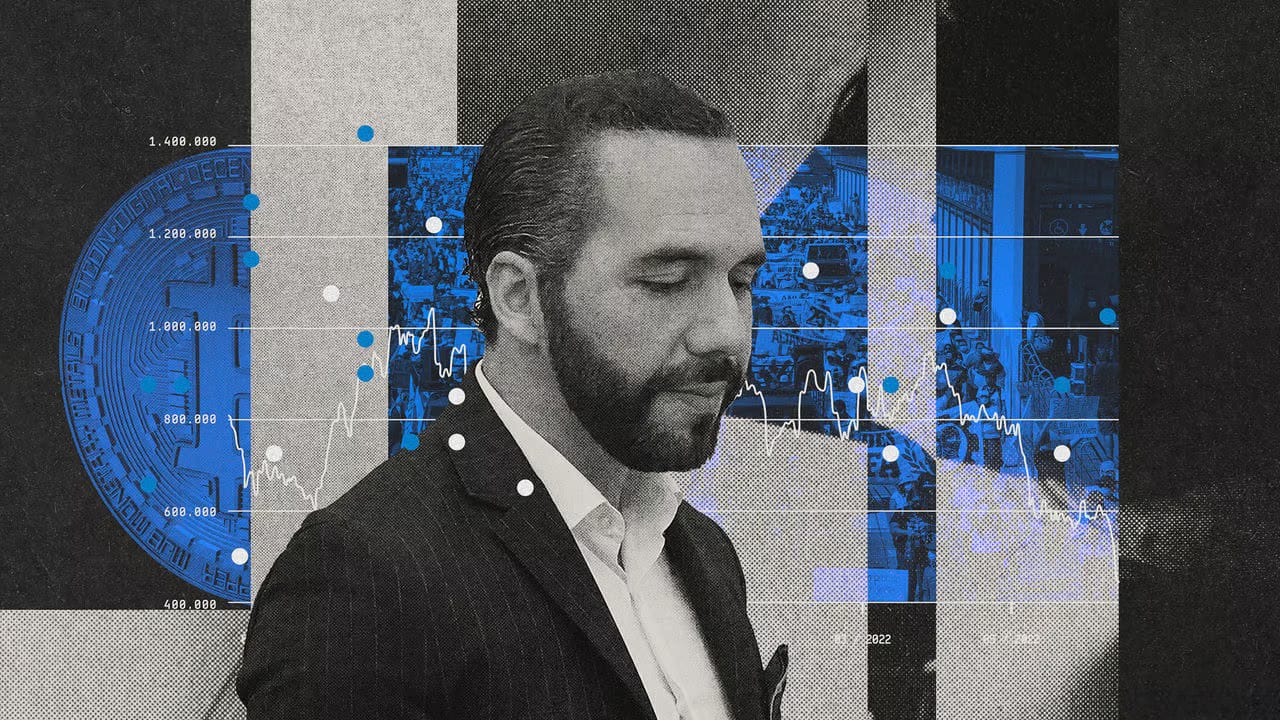El Salvador’s Bitcoin Experiment Struggles as 89% of Registered Businesses Are Inactive

In a striking development from El Salvador’s Central Reserve Bank (BCR), a remarkable 89% of registered Bitcoin service providers in the country are currently non-operational. This finding casts doubt on the success of El Salvador’s bold Bitcoin adoption strategy, which captured global attention in 2021 when the nation became the first to recognize the cryptocurrency as legal tender.
According to data reviewed by EFE, of the 181 Bitcoin businesses and service providers registered with the BCR, 161 are classified as “non-operating,” leaving only 20 actively functioning. This significant disparity underscores the challenges confronting the country’s crypto ecosystem as it navigates its evolving relationship with digital currencies.
The BCR’s “Registered Suppliers” database sheds further light on the issue. At least 22 of the 161 non-operating providers have failed to comply with Article 4 of the Bitcoin Law’s regulations, which are overseen by the Superintendence of the Financial System. These regulations require businesses and providers to uphold high standards of integrity and honesty in their operations. Essential requirements include maintaining robust anti-money laundering programs, keeping accurate records of assets and liabilities, and implementing cybersecurity measures tailored to the services offered. The inability of many providers to meet these standards could erode confidence in El Salvador’s Bitcoin infrastructure and impede its broader adoption.
Stay In The Loop and Never Miss Important Bitcoin News
Sign up and be the first to know when we publishA Shifting Landscape for Bitcoin in El Salvador
El Salvador’s Bitcoin journey began with ambitious goals under President Nayib Bukele, who positioned the cryptocurrency as a key pillar of the nation’s economic strategy. In September 2021, alongside the U.S. dollar, Bitcoin was declared legal tender, with initiatives like the government-backed Chivo Wallet leading the effort.
However, the landscape has evolved significantly in recent years. Following a $1.4 billion agreement with the International Monetary Fund (IMF), the Salvadoran Legislative Assembly introduced substantial changes to the Bitcoin framework. The cryptocurrency lost its status as mandatory legal tender, businesses were no longer obligated to accept it, and the state’s role in facilitating exchanges was reduced. These adjustments were part of conditions set by the IMF, which also stipulated that state funds should not be used for Bitcoin purchases.
Despite these constraints, the Bukele administration has continued to invest in Bitcoin, accumulating over 6,100 coins valued at more than $500 million. This ongoing commitment has raised concerns among opposition groups, who argue that such investments could jeopardize the IMF agreement. The operational challenges faced by Bitcoin service providers further complicate the situation, as the limited number of active providers may restrict the cryptocurrency’s practical use for everyday transactions. Among the 20 operating providers are prominent names like Chivo Wallet, Crypto Trading & Investment, and Fintech Americas, but their small presence highlights the gap between El Salvador’s vision and its current reality.
As El Salvador continues to navigate its pioneering experiment with Bitcoin, the high percentage of non-operational providers serves as a reminder of the complexities involved in integrating cryptocurrency into a national economy. The government’s persistence in acquiring Bitcoin reflects its long-term belief in the asset’s potential, but addressing the operational and regulatory hurdles will be essential to ensuring the initiative’s success.

